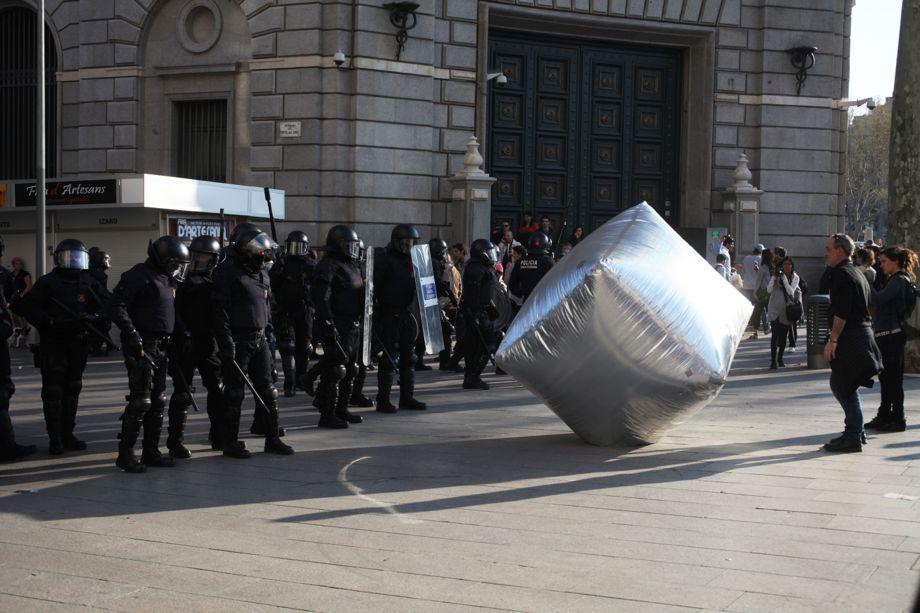The term design object is usually reserved for high-concept, luxurious, and otherwise shiny things that seem built to be coveted. But Disobedient Objects, a new exhibition at London’s Victoria and Albert Museum, attempts to challenge standard definitions of art and design by shining a rare spotlight on the often amateur-made, cobbled-together but purposeful objects designed by grass-roots political activists around the world. The exhibit aims to show how political activism has driven design ingenuity and collective creativity to spur social change since the late 1970s.
“Objects have played a key role in social change alongside performance, music and the visual arts,” write curators Catherine Flood and Gavin Grindon in a book being published alongside the exhibition, which opens Saturday and runs until Feb. 1. “While these other mediums of protest have been explored before, this exhibition is the first to look broadly at material culture’s role in radical social change. It identifies these objects as part of a people’s history of art and design. The role of material culture in social movements is a mostly untold story.”

Courtesy of the Institute for Applied Autonomy
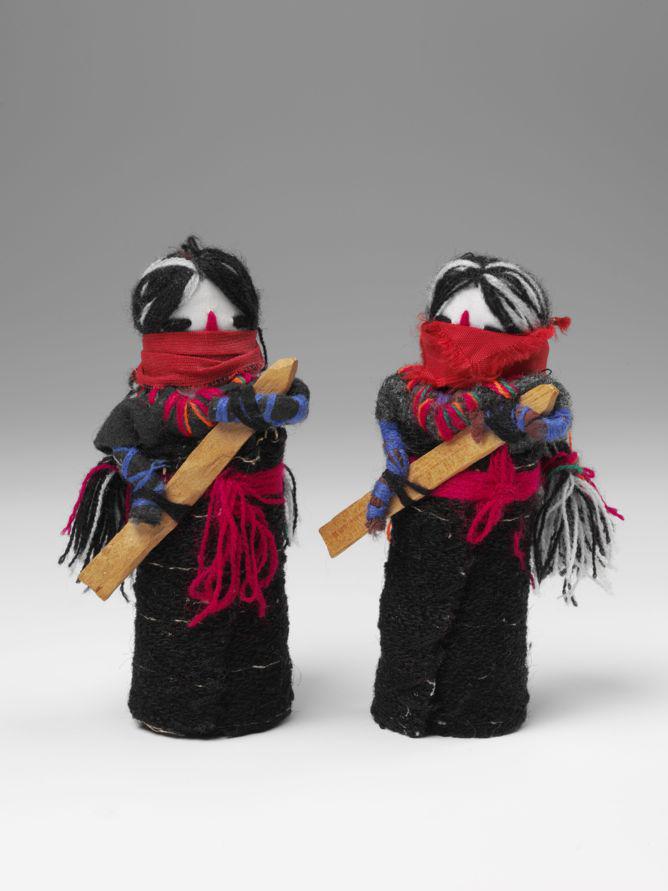
Photo by Richard Davis
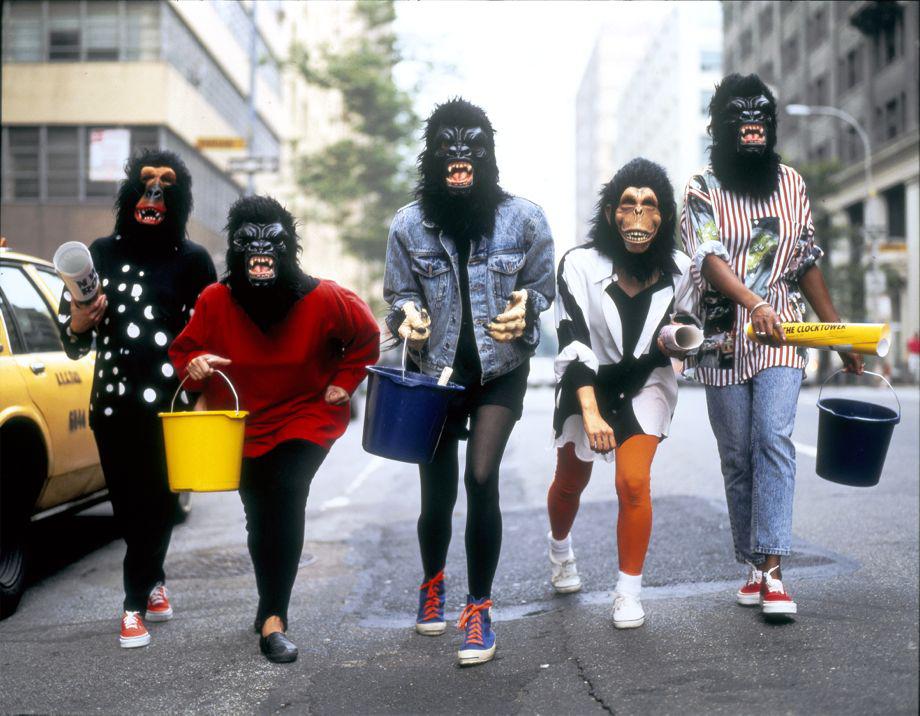
Photo by George Lange
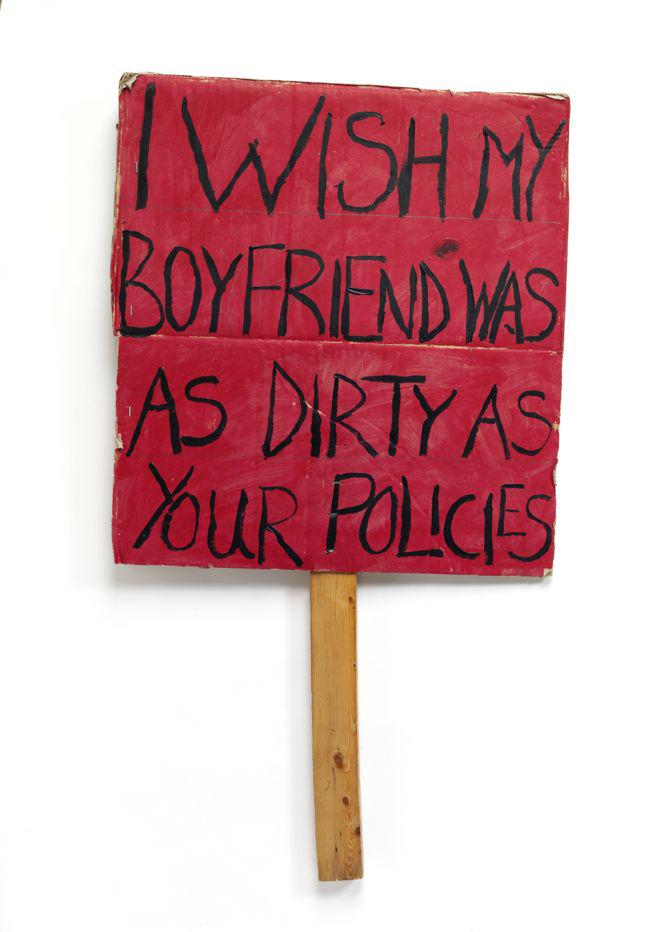
Courtesy of the Victoria and Albert Museum
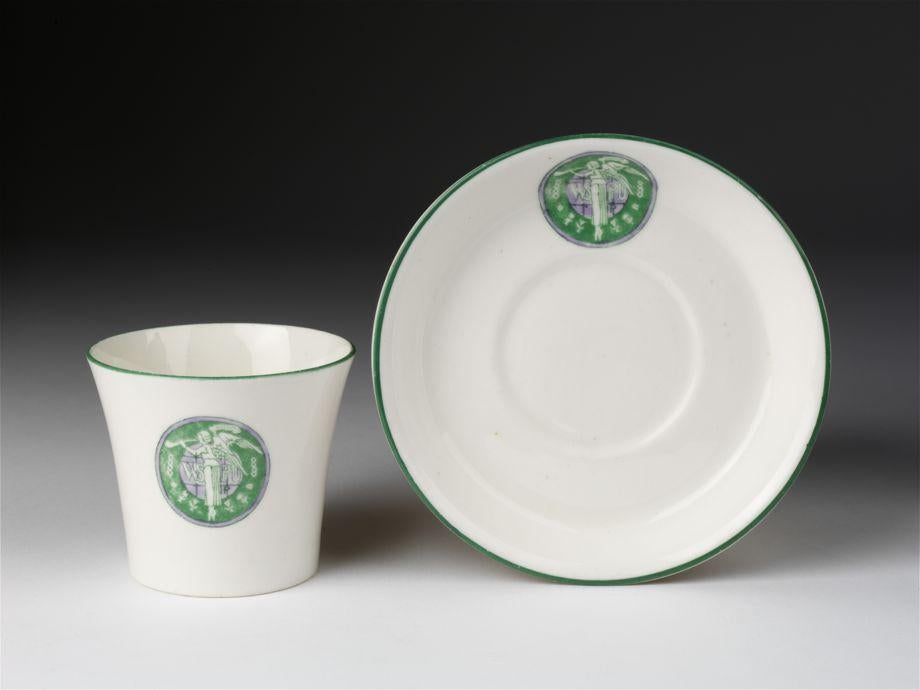
Photo by Ian Thomas. Courtesy of the Victoria and Albert Museum.
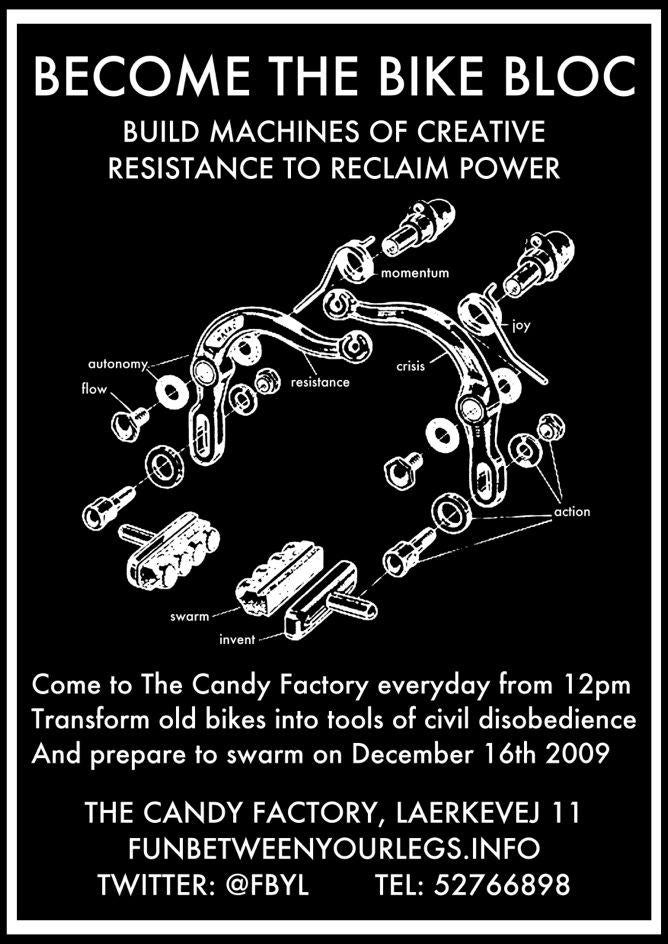
The Bike Bloc turned everyday old bikes into subversive blockades as part of the Reclaim Power protests during the 15th U.N. climate summit in Copenhagen in 2009, as shown in this anonymous poster.
Courtesy of the Victoria and Albert Museum
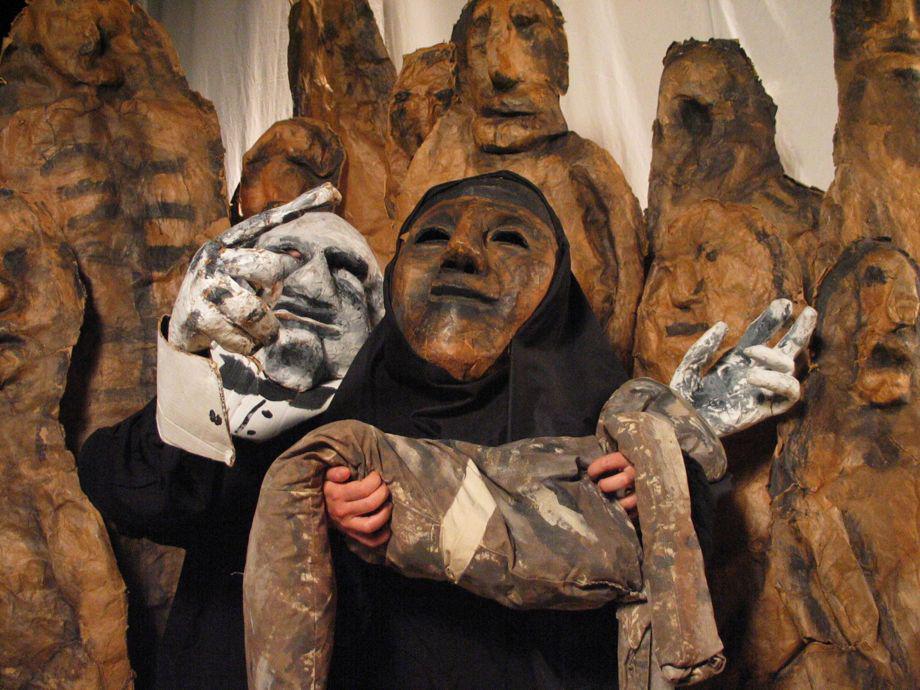
Photo by Jonathan Slaff
*Correction, July 25, 2014: This post originally misspelled the names of the Eclectic Electric Company and the Guerrilla Girls.
